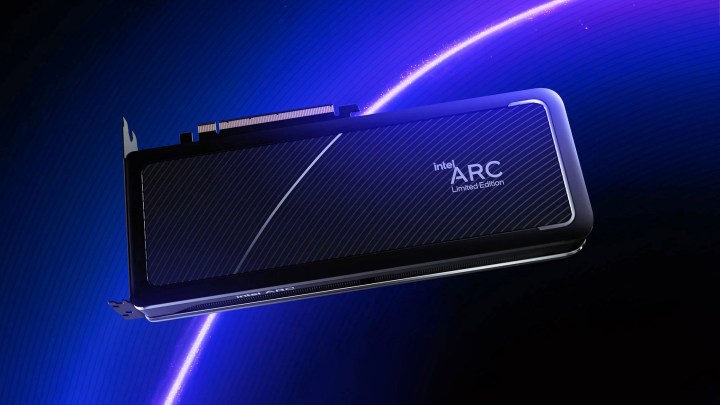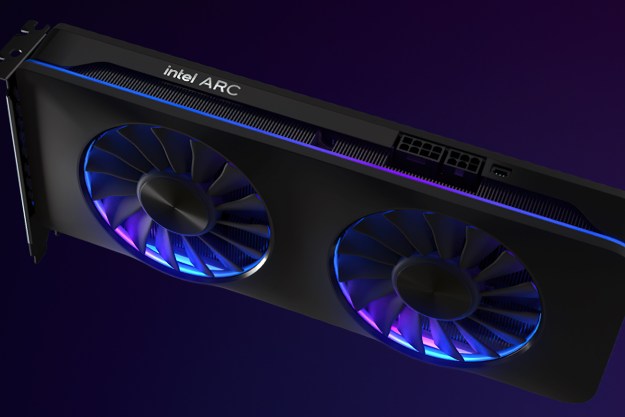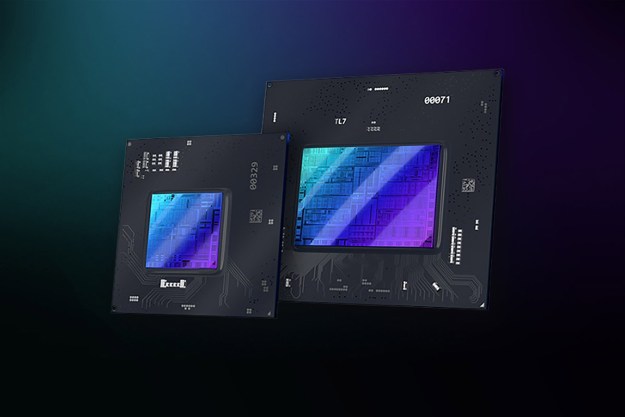Intel has just shared a video update regarding the current state of gameplay on its Arc Alchemist GPUs. In a previous video, it was made clear that Intel’s cards may struggle with games that aren’t running on DirectX 12.
The video makes it clear that optimizing Intel Arc for DirectX 11 and older is still very much a work in progress that might never come to an end. On the other hand, AMD and Nvidia generally don’t share those problems. Will gamers even entertain trying out Intel Arc with these issues in mind?
Intel shared a quick Q&A video with Ryan Shrout and Tom Petersen, in which both the experts give an honest update on the state of things for the graphics card. While we still didn’t get any of the (perhaps even more pressing) juicy news, such as a release date, we’re slowly getting to learn more about the performance of Intel Arc.
The topic of DirectX 12 and Vulkan versus DirectX 11 first came up in a recent Linus Tech Tips video that both Shrout and Petersen also took part in. In the video, Linus noted that going from DX12 to DX11 resulted in a 45% performance drop in Shadow of the Tomb Raider. There’s no way to sugar coat this — this can be a problem.
While it’s a good thing that Intel Arc is so well optimized for DirectX 12, which means it will run some AAA titles with relative ease, a graphics card can’t only be used for the latest games. Plenty of older (and not even that much older) titles still rely on DirectX 11 or even older versions, and gamers are right to expect that they’ll be able to play these titles on their modern-day rig, too.
The problem is that DirectX 11 and 9 as well as other older APIs are much different from DX12 and Vulkan. Where DirectX 12 and Vulkan both chiefly rely on the game engine to handle all of the heavy-lifting, older APIs mostly apply pressure to the GPU driver.
This is something both AMD and Nvidia have had years to get used to and work with. This is why, whether you buy one of the best graphics cards or opt for something budget-friendly, you can feel safe in the knowledge that you’ll get decent performance in older games. Your mileage may vary, but you shouldn’t experience the kind of drop in frames per second (fps) that Intel is seeing right now, with nearly twice the performance in DX12 as opposed to DX11.

Intel is certainly aware of the problem, as can be seen in the refreshingly open Q&A. Petersen said, “We expect DX12 and Vulkan titles to be very good performance relative to the competition. […] On some DX11 titles, we’re gonna do great, but on other DX11 titles, we’re not gonna do great. It’s gonna be progress and improvement over time.”
Petersen then went on to note that Intel Arc hardware is a lot different than Nvidia and AMD, so Intel is now forced to go back and fine-tune all the things that developers have come to expect from a GPU driver. He also said that improving DX11 performance is going to be a “labor of love forever.”
It’s hard not to appreciate Intel’s transparency here. The truth is that if you’ll mostly be playing the games that Arc works well with, you might be fine — but it’s hard to expect gamers to only stick to a select few titles and never stray from those. Because of that, unless Intel Arc can keep working on optimization, it will have a hard time, as will the people who choose to buy it.
Editors' Recommendations
- Intel may fire the first shots in the next-gen GPU war
- Intel may be throwing away an important opportunity
- Intel’s forgotten GPUs are still happening
- Intel’s next GPU just leaked, and it looks like a sub-$200 card worth buying
- Thunderbolt 5 may help bring back external GPUs, Intel says





